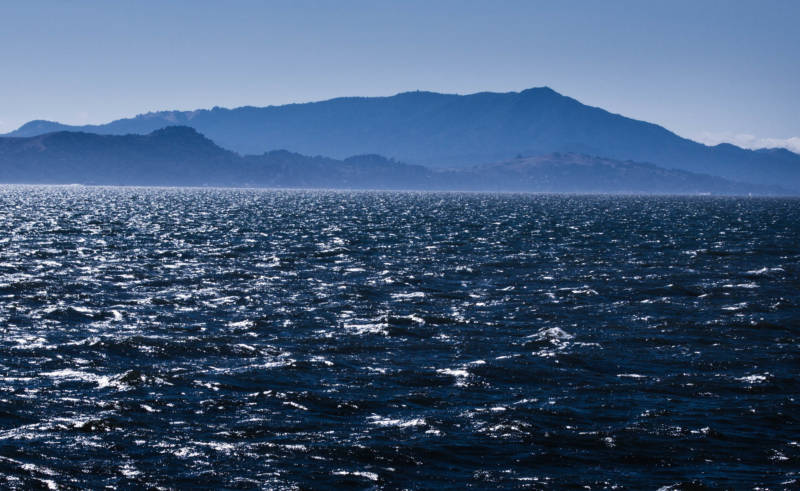Two recently passed bills -- one of which Gov. Jerry Brown has not yet signed -- could play a big role in a trio of Bay Area water pollution lawsuits against agricultural chemical giant Monsanto.
San Jose, Berkeley and Oakland have each sued the company in federal court to recover costs associated with cleaning up stormwater containing polychlorinated biphenyls, or PCBs, that the company manufactured from the 1930s through the time they were banned in the late 1970s.
The toxic chemicals were widely used to insulate electrical transformers and in a variety of other applications, including paint, caulking, ink and lubricants.
U.S. District Court Judge Edward J. Davila ruled last month the cities did not have ownership over the stormwater that's at issue in the case and thus lacked legal standing to sue Monsanto for creating a public nuisance. But Davila did allow the cities to amend their complaints and refile them.
The amended complaints, filed earlier this week, rely in part on two laws just passed by the Legislature. One of them, AB 2594, allows cities to capture and reuse storm runoff and thus gives them a property interest in stormwater. Gov. Brown has not yet signed the legislation.

